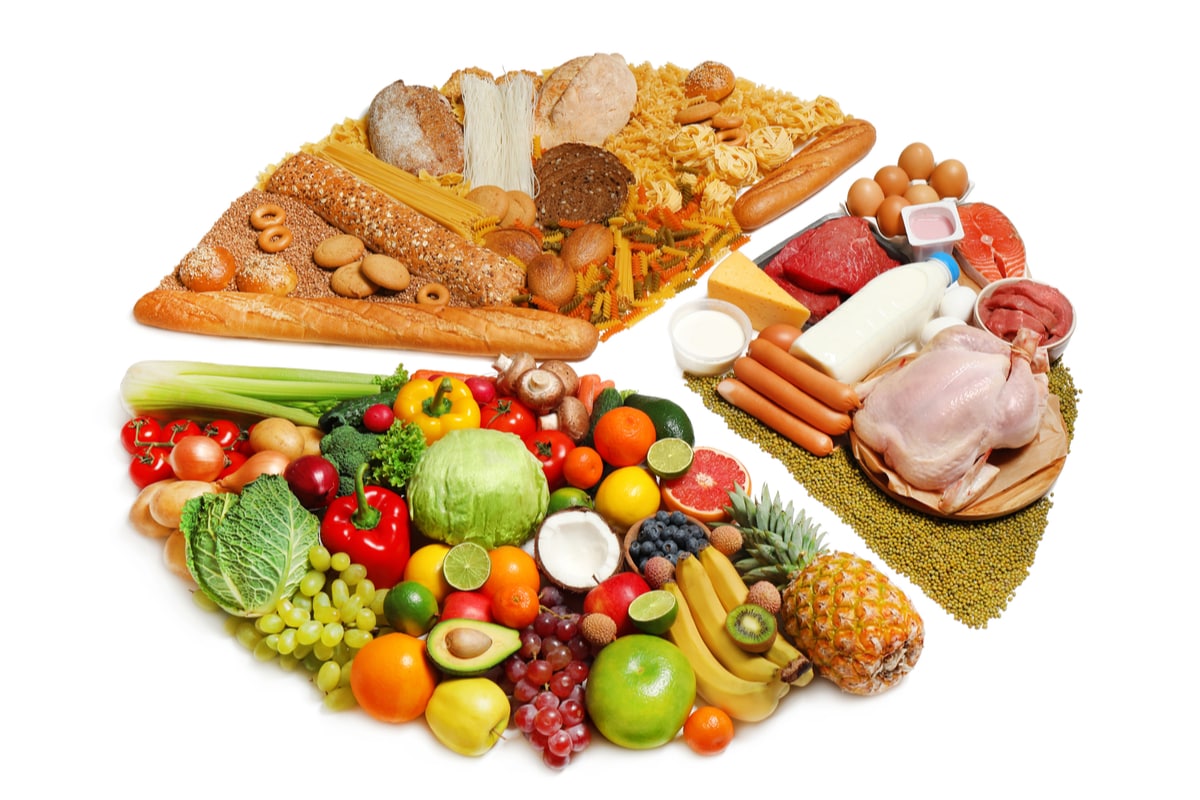

Calcium: As you approach menopause, bone-building estrogen starts to decline and calcium becomes more important.Get your daily dose of 18 milligrams from foods such as clams, lean beef, fortified breakfast cereal, soybeans, pumpkin seeds, and skinless poultry. Researchers at Penn State University found that young women who were deficient in the mineral took longer and performed worse on cognitive tasks than those who had normal levels of iron. Iron: When you don't get enough iron, you might feel physically drained and mentally exhausted.While phytonutrients come from plants, dark chocolate, red wine, and coffee are highest in them. Phytonutrients: "These compounds contain antioxidants, which slow the aging process, ward off heart disease, and prevent changes in DNA, potentially preventing the development of cancer," says Bonci.Eat foods such as chickpeas, asparagus, spinach, broccoli, avocados, orange juice, and fortified whole grains to help meet your daily 400-microgram requirement.

Folate may also help reduce the risk of heart disease.

Since women are twice as likely as men to be diagnosed with depression, start incorporating salmon and tuna into your diet, which are rich in omega-3s. Omega-3 fatty acids: These polyunsaturated fatty acids may boost serotonin, a feel-good chemical in your brain that research shows may be linked to depression when transmitted in low levels.Munching on 2 cups of fruit and 2 1/2 cups of veggies daily will help you get all the potassium you need. aged 20 to 39 get less than half the recommended amount, according to the USDA. Potassium: In order for your muscles and heart to function properly, you need to consume a hefty dose of potassium.(Here's more on how much protein you really need per day.) Get your quota by eating skinless white meat poultry, lean steak, fish, eggs, beans, tofu, and low-fat dairy. "Recent studies suggest that, at a minimum, we need 60 to 70 grams of protein a day," says Leslie Bonci, M.P.H., R.D., director of sports medicine at the University of Pittsburgh Medical Center.
#Healthy food chart full#
Protein: Protein helps keep you full and provides the building blocks so you can make and keep muscle.


 0 kommentar(er)
0 kommentar(er)
